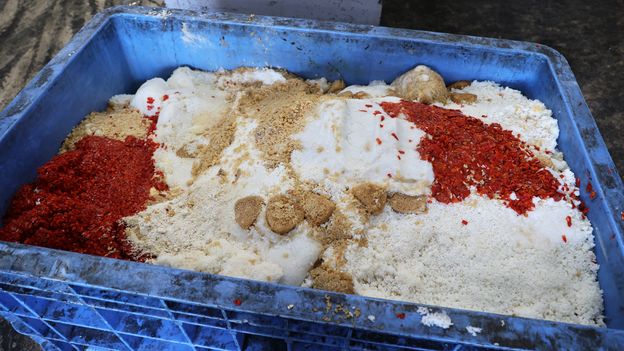…
Japan’s small size and mountainous terrain present challenges for food self-sufficiency. The country imports almost two-thirds of its food and three-quarters of its livestock feed. Yet each year, Japan throws out 28.4 million tonnes of food – much of it edible.
This comes with steep environmental and economic costs. Compared to many countries, consumers in Japan pay higher prices for food because so much of it is imported. And they also pay taxes to cover the majority of the 800bn yen (£4.2bn/$5.4bn) the country spends each year on waste incineration. Food makes up about 40% of the rubbish that Japan incinerates, and incineration produces significant air pollution and greenhouse gas emissions.
As the world’s fifth-largest emitter of greenhouse gases, Japan has set goals of cutting emissions by 46% by 2030 and becoming fully carbon neutral by 2050. Tackling food wastewill have to be a part of those efforts, Takahashi says.



My mom actually made us clean our plate (eat it all) because there were starving children in China.
It was a different time.
there are a lot of starving children in China being permanently affected by perpetual malnutrition and starvation.
https://www.wfp.org/countries/china
this article is about Japanese food waste innovation, btw, not Chinese.
I mean, I think the poster’s point was that they had no leftovers because their parents forced them to eat it all with the given excuse. I had the same thing growing up.